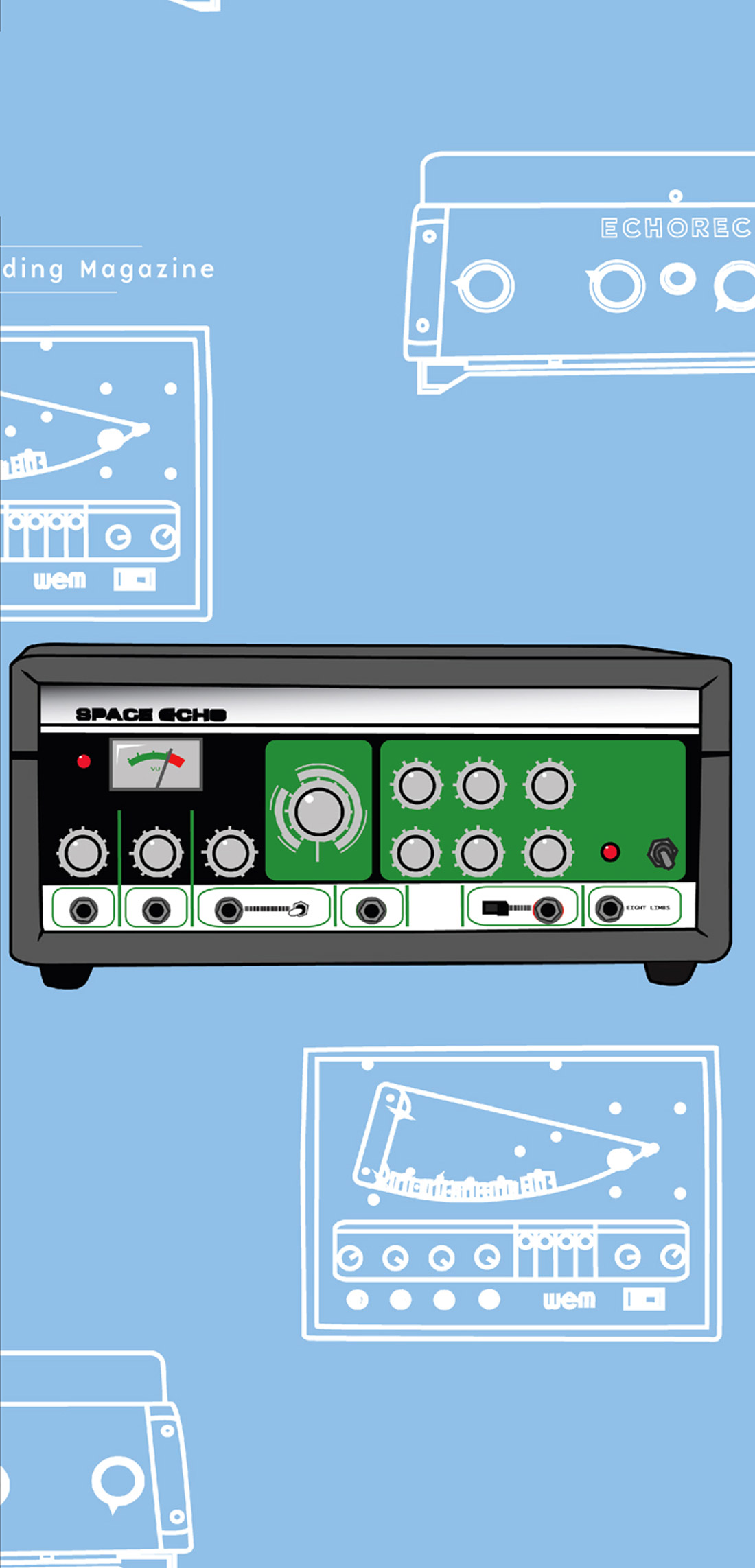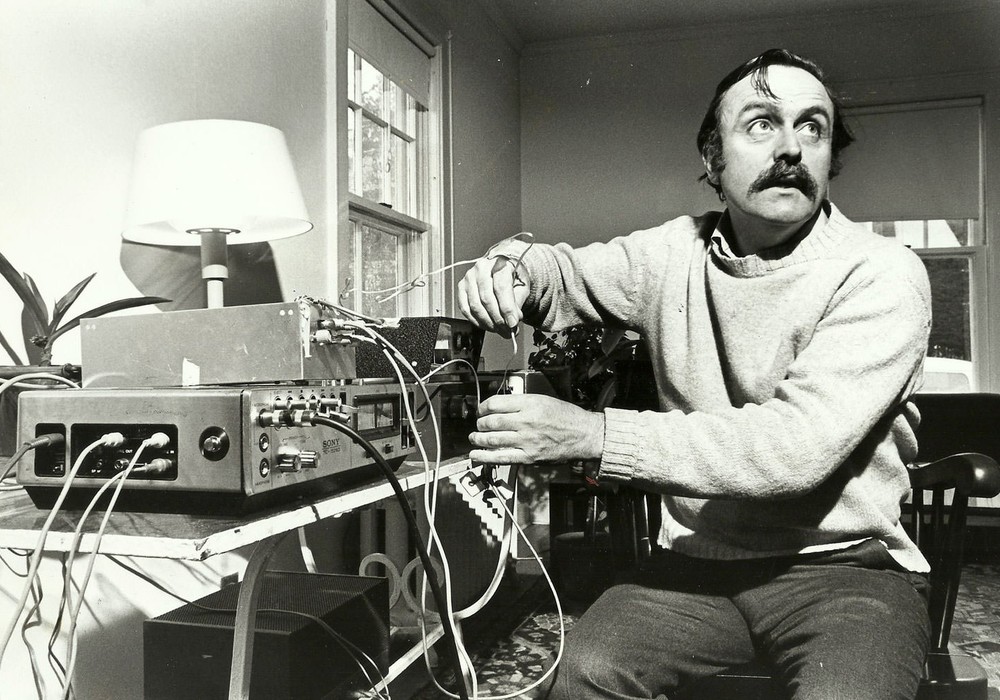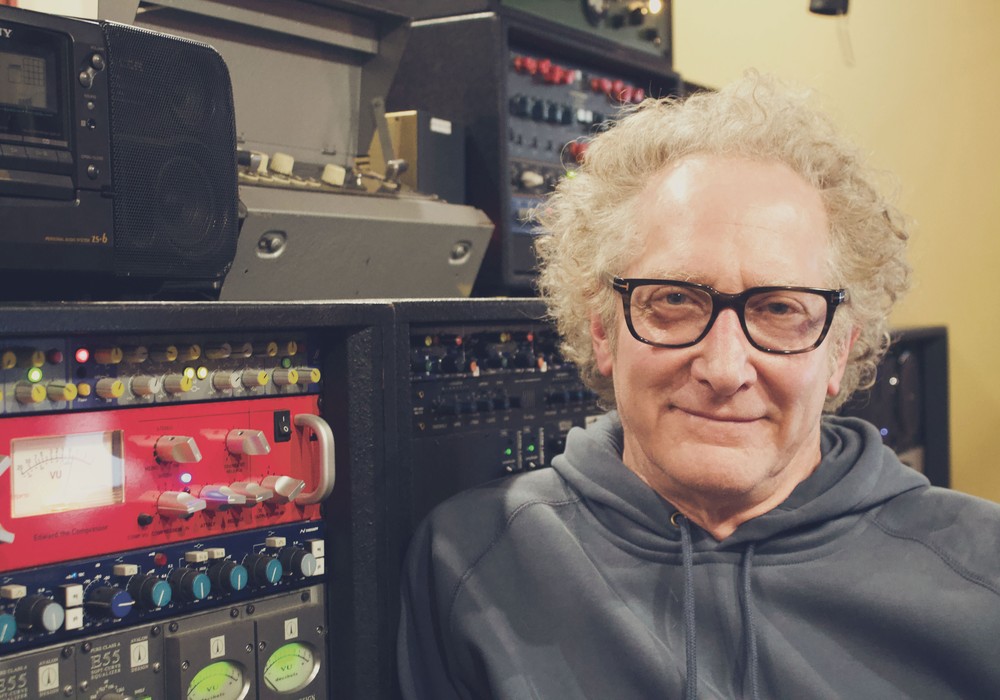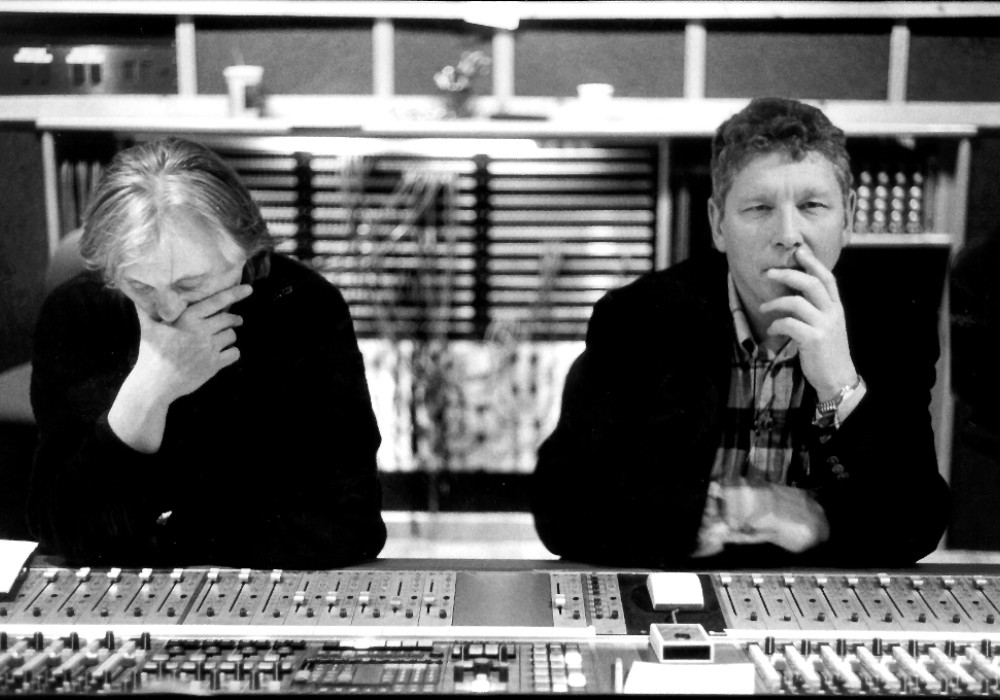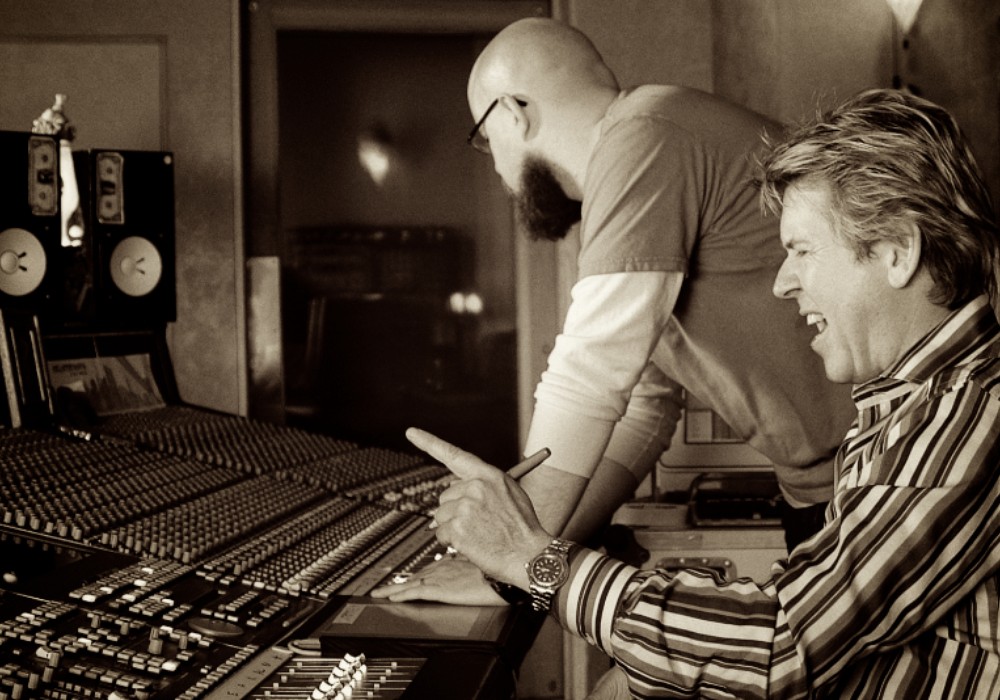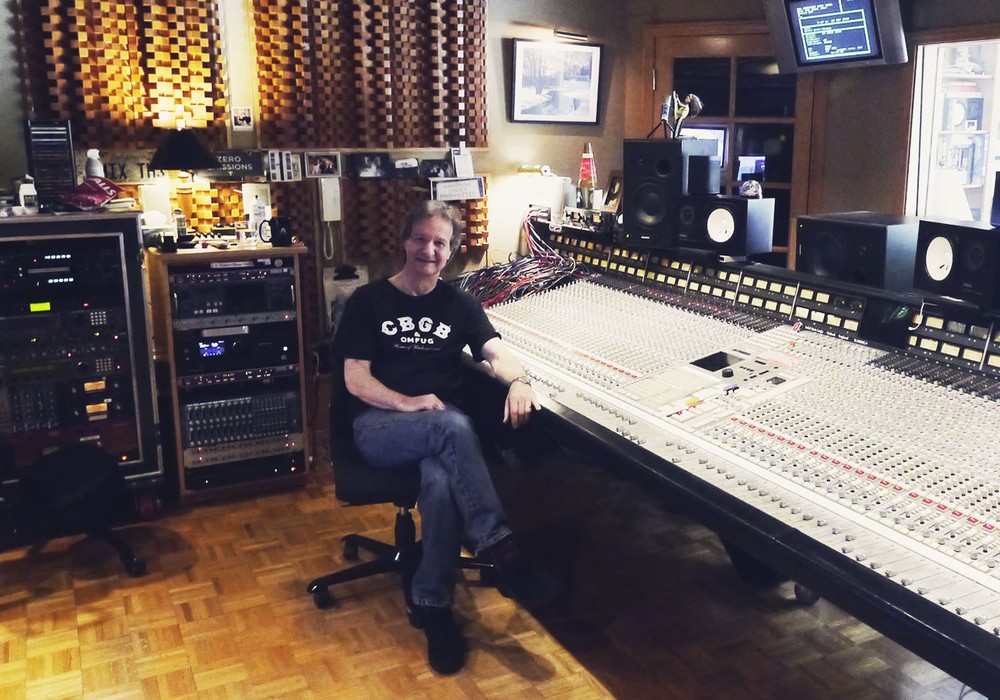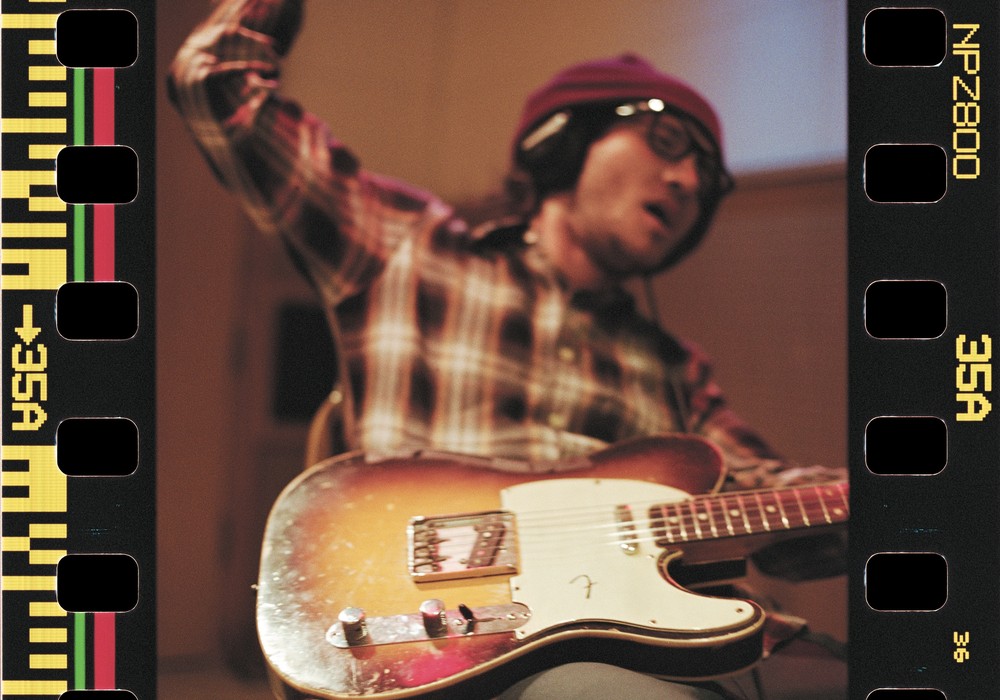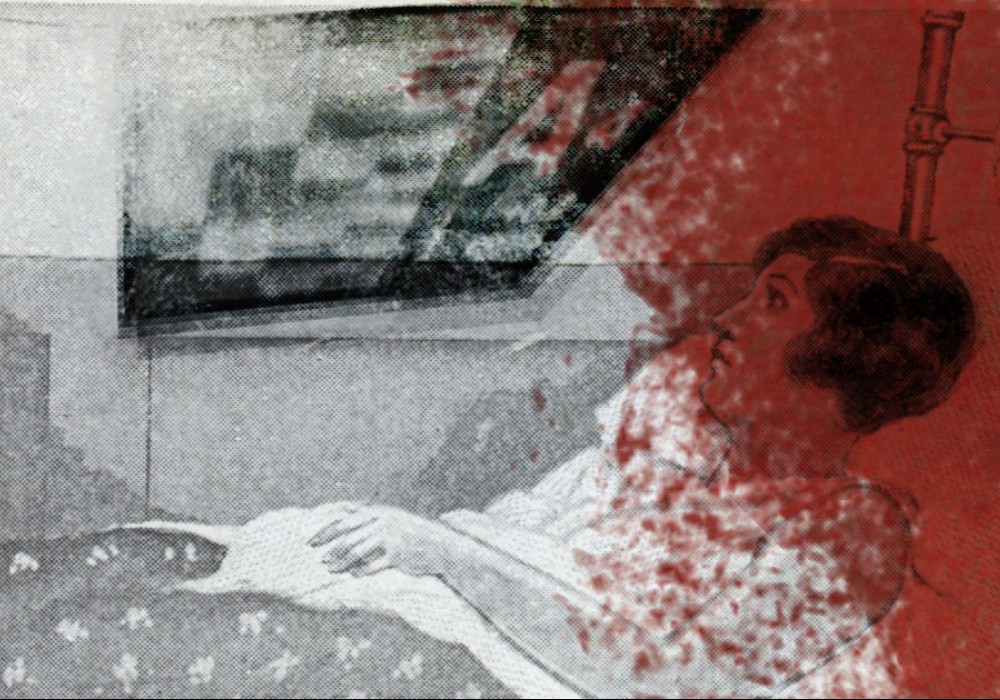He’s just a really great engineer.
Illustration by Miles Hermann
In issue #10 of Tape Op we ran an interview with Steve Albini by my pal John Chandler. Being that the piece was actually done for some oddly named company called Amazon that was branching into music sales, I spent the next 13 years telling Steve that someday he and I would sit down to do a "real" Tape Op interview — or at least one he knew was actually going to run in this magazine. Steve Albini surfaced on the music scene in the '80s with his excellently abrasive combo Big Black, and later in bands such as Rapeman and Shellac. But along the line more and more of his time was spent in the studio and eventually he built Electrical Audio, one of the finest studios in Chicago. Among the records he's had a hand in are classics by Nirvana, the Pixies, The Stooges, PJ Harvey, Slint, The Breeders and The Jesus Lizard. Many people deem Albini "controversial" and want to pick away at the "outspoken character" they imagine him to be. I've called bullshit on that for years.

You've had the opportunity to record people you might classify as your heroes over the years. Cheap Trick...
A fairly big project for them was rerecording the entire In Color album. At the time, that struck me as a mistake; like a capitulation of "we did our best stuff a long time ago." It seemed like a mistake, up until they started working on it. Then it seemed like the best idea ever! It was so invigorating and it was so much fun. It was so satisfying to hear them blowing those songs out full-bore.
I would imagine!
So far they haven't released it. I think it was more about them exorcising their demons about that record. I think they felt for years like they'd been carrying that record around and that it record didn't represent them. They just wanted a shot to do it their way. And, once they did, I think it soothed their ennui. I don't think they feel the need to exploit that; it's just something they wanted to do. One thing that's kinda nice about that is that all those versions of those songs — if you hear those versions on Rock Band or whatnot — it comes from those sessions.
Oh, so they get paid more?
Yes, because they own those masters. That's satisfying!
That's pretty cool! I've heard of other people doing that.
There's a part of the digital paradigm that nobody has really exploited yet. Sooner or later, there will be a "come to Jesus" moment with all the big corporate entities that hold all the rights to these recordings. I'll explain to you what it is. This is a legal avenue that someone should pursue that might open a lot of stuff up. Almost all old recording contracts were written using the model of a per copy royalty. The reason that's valid is because there's an inventory of those items and you can do accounting. The record companies have applied that model towards electronic downloads. But, from a contractual standpoint, anyone whose contract survives from the era of physical records... You cannot inventory downloads. You cannot account for their manufacture, because there is no manufacture. You cannot account for free, broken or lost-in-shipping goods. From a technical standpoint, downloads are not manufactured items. They are a "licensed use." Licensed use income typically, for older record contracts, would earn bands 50% of the income.
Right. Or far more.
Some brilliant lawyer is going to win a case, holding Sony or whomever, accountable for the unaccounted 50% income from the downloads that they've been accounting for pennies a copy as a manufactured item. Someone is going to win that case. It could even be class action; but, someone is going to win it and put all those record companies out of business.
Do you think that's one of the reasons they waited so long and dragged their feet with that whole scenario?
I think the record company people realize what they're doing and they realize that there's no way they could win. It's a matter of time before someone takes that on. Once it's established that downloads are not inventory, the royalties of physical products don't apply. In fact, the royalties of licensed use apply. Then we could very well enter a period where all artists own their masters. Even going back 50 years ago — bands that had no hope of earning income will suddenly own their masters. That would be awesome!
That's a great example with Cheap Trick being able to purchase back their masters and curate their own back cataloged while making income.
That's it — they're set for life now!
That's great! Elvis Costello and David Bowie have licensed their back catalogues several times over at this point. It's crazy.
It's a specific thing. But, someone is going to take that approach. I don't see how the record companies can win.
I was talking to a young engineer who described a process of recording a large group where every piece has its own track and overdub. It's a whole different methodology than tracking live.
That's more of deconstructed...
